"The Angelina Jolie Effect": Jolie's Mastectomy Doctor Speaks Out About Treating Her—and How You Should Be Protecting Yourself
Is getting a mastectomy before a confirmed diagnosis worth it?
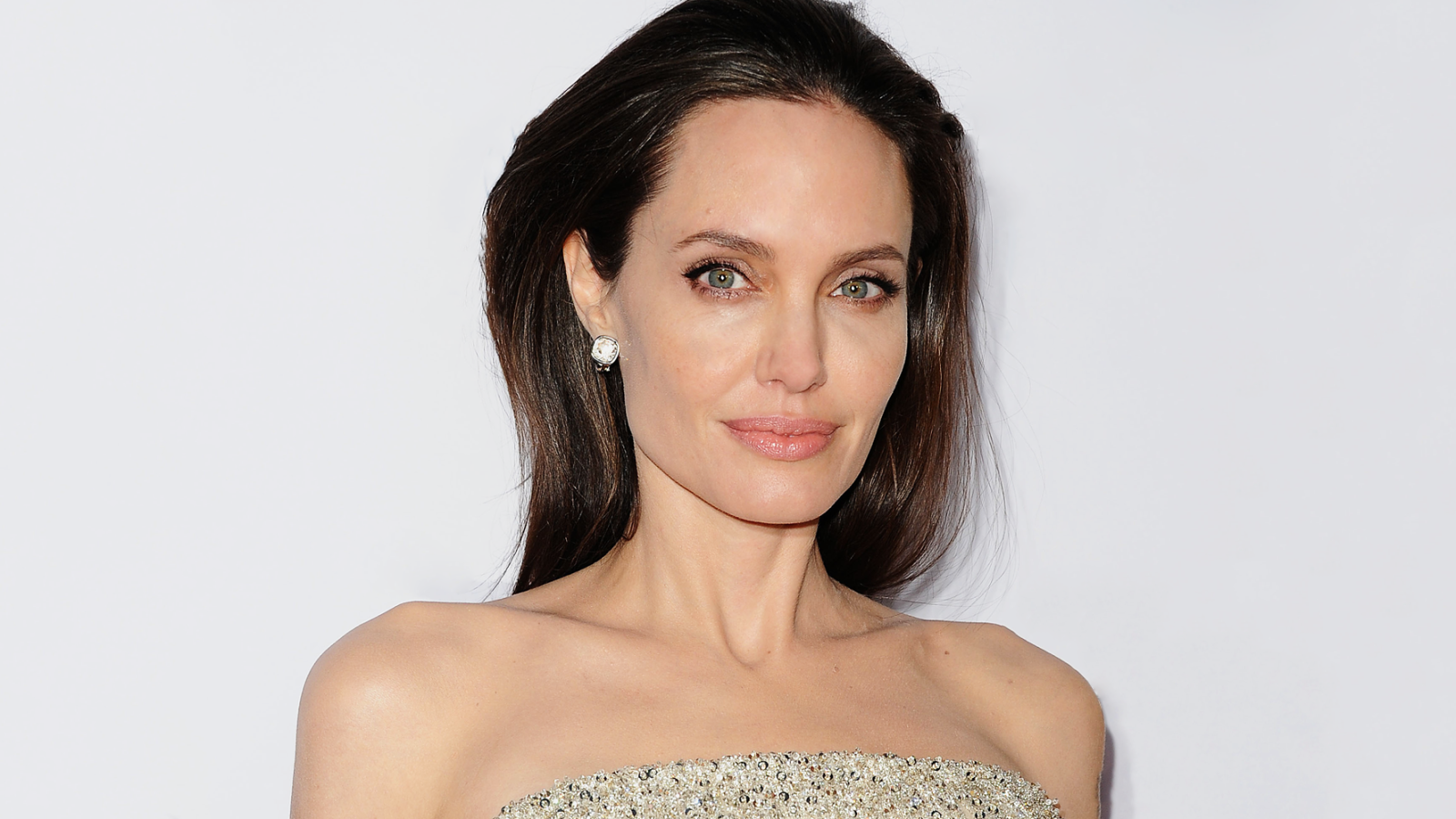
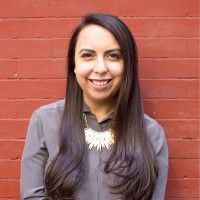
When Angelina Jolie penned the now-famous New York Times op-ed about her preventative double mastectomy, the confession shocked many—and started a movement. Soon, women were sharing their stories of fear and bravery, and of tackling their health head-on. Now, two years later, Dr. Kristi Funk, who operated on Jolie, opened up to MarieClaire.com about "the Angelina Jolie Effect"—how far breast cancer treatments and screenings have come since then, and just how far they have yet to go.
Marie Claire: What was Angelina Jolie's concern when she came to you for treatment?
KF: Nearly every BRCA mutation carrier's main concern is how to avoid the fate of relatives who have had, and possibly died from, breast or ovarian cancer.
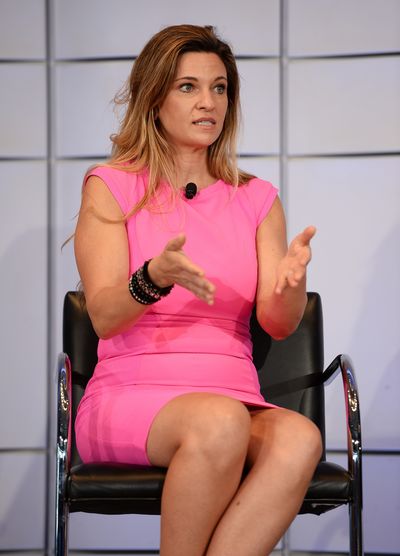
MC: What did your work with Angelina Jolie help highlight for you?
KF: For me, working with Angelina helped to highlight the lack of awareness regarding BRCA gene mutations. She essentially provided a platform for me from which I could educate physicians and patients alike, thereby targeting populations for whom testing is indicated. Identifying these mutations almost always leads to the opportunity to save a life.
MC: How would you explain "the Angelina Jolie Effect"?
KF: The Angelina Effect refers to the fact that a powerful, beautiful, well-respected and world-renowned woman unabashedly revealed private medical details about a gene mutation which affects 1 in 500 people. In so doing, she raised awareness and sparked conversations around the world amongst known BRCA carriers, possible carriers, and the circle of family and friends who care about them. It is absolutely a *good thing* that she helped to educate the world about the existence of this mutation; hopefully, as a result, more compassionate understanding exists regarding the choices BRCA carriers must face.
Stay In The Know
Get exclusive access to fashion and beauty trends, hot-off-the-press celebrity news, and more.
MC: What should women who have the BRCA gene do?
KF: I encourage readers to visit BRCAGeneMutation.com, which links to a blog answering that very question in detail. The site presents an easy-to-understand summary of the BRCA mutation and outlines the choices that every BRCA mutation carrier must contemplate regarding options of surveillance, risk reduction, and surgery.
MC: Is electing to have a mastectomy the route women usually take?
KF: In my practice, the majority of mutation carriers choose mastectomy; however, for those without cancer, they have much more control over the timing. For younger women, we might wait until they have found a life partner, or until after childbearing. Older women who find out they carry a mutation have unwittingly escaped a large percentage of their risk, and therefore, the calculated future risk is not necessarily a daunting number. For example, a 68-year-old with a calculated breast cancer risk of 20% will probably keep her breasts and pursue surveillance instead.
About 80% of women diagnosed with breast cancer do not have a single relative with breast cancer."
MC: What are some other options?
KF: Options other than mastectomy include high risk surveillance and risk reduction. Surveillance is a combination of monthly self breast exam, annual mammography and whole breast screening ultrasound, annual breast MRI, and biannual clinical breast exam. Risk reduction for BRCA2 carriers includes taking tamoxifen. Removing ovaries prior to age 40 drops breast cancer risk in half. Ovarian cancer surveillance is unfortunately inadequate at early detection, but birth control pills reduce ovarian cancer incidence up to 60%.
MC: What's the most surprising thing that women don't understand about breast cancer?
KF: The most surprising fact that people do not know about breast cancer is that about 80% of women diagnosed with breast cancer do not have a single relative with breast cancer. Much more than just family history and inherited genes factor into the breast cancer equation.
MC: What else should women know or do to make sure they're getting the diagnosis and treatments they need?
KF: I am currently involved with the Voice Your Choice campaign in partnership with HealthyWomen.org. Our goal is to increase awareness about non-narcotic pain control options available before, during, and after surgical procedures that are so effective that needing narcotics postoperatively is dramatically reduced or even eliminated. By empowering people to initiate a conversation prior to surgery regarding their pain control options, we hope to reduce the incidence of narcotic addiction and all of the unfortunate consequences that surround it.
Follow Marie Claire on Instagram for the latest celeb news, pretty pics, funny stuff, and an insider POV.

Samantha Leal is the Deputy Editor at Well+Good, where she spends most of her day thinking of new ideas across platforms, bringing on new writers, overseeing the day-to-day of the website, and working with the awesome team to produce the best stories and packages. Before W+G, she was the Senior Web Editor for Marie Claire and the Deputy Editor for Latina.com, with bylines all over the internet. Graduating from the Medill School of Journalism at Northwestern University with a minor in African history, she’s written everything from travel guides to political op-eds to wine explainers (currently enrolled in the WSET program) to celebrity profiles. Find her online pretty much everywhere @samanthajoleal.
-
 Tyla's Coachella Outfit Pairs Dolce & Gabbana With Pandora
Tyla's Coachella Outfit Pairs Dolce & Gabbana With PandoraThe singer wore a gold version of the crystal bra made famous by Aaliyah.
By Amy Mackelden Published
-
 How Kate Middleton Is Influencing George's Fashion Choices
How Kate Middleton Is Influencing George's Fashion ChoicesThe future king's smart blazer is straight out of Princess Kate's style playbook.
By Amy Mackelden Published
-
 King Charles "Couldn't" Meet Prince Harry During U.K. Visit
King Charles "Couldn't" Meet Prince Harry During U.K. Visit"It could actually bring down a court case."
By Amy Mackelden Published
-
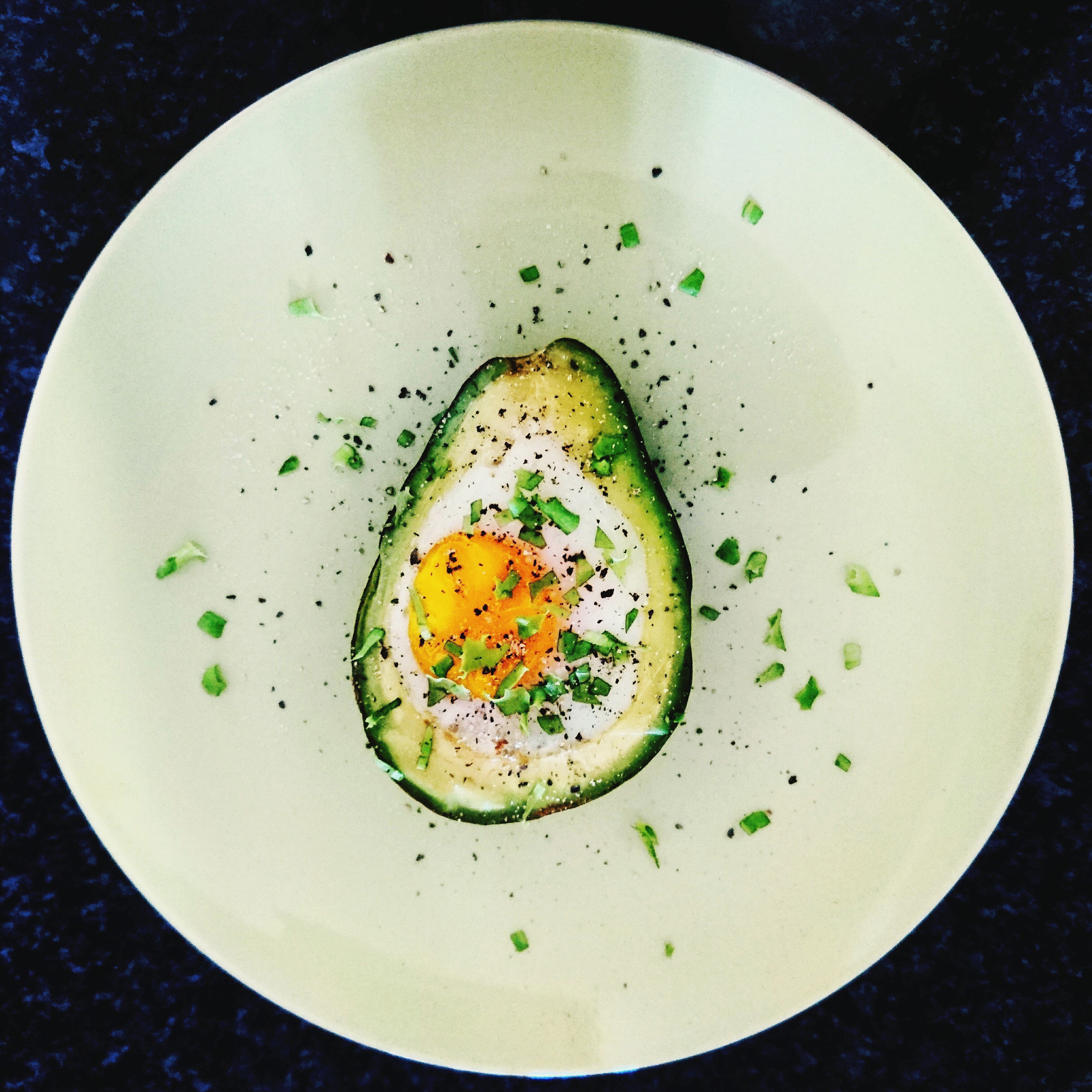 The Keto Diet: What It's Actually Like to Follow This Super Popular Eating Plan
The Keto Diet: What It's Actually Like to Follow This Super Popular Eating PlanHow did a fringy high-fat diet developed to treat epilepsy become the latest trend for power women? And, more important, does it work?
By Kiera Carter Published
-
 Meghan Markle Got New Boxing Gloves, So I Bought New Boxing Gloves
Meghan Markle Got New Boxing Gloves, So I Bought New Boxing GlovesGloves that will make you punch like a Duchess.
By Krystyna Chávez Published
-
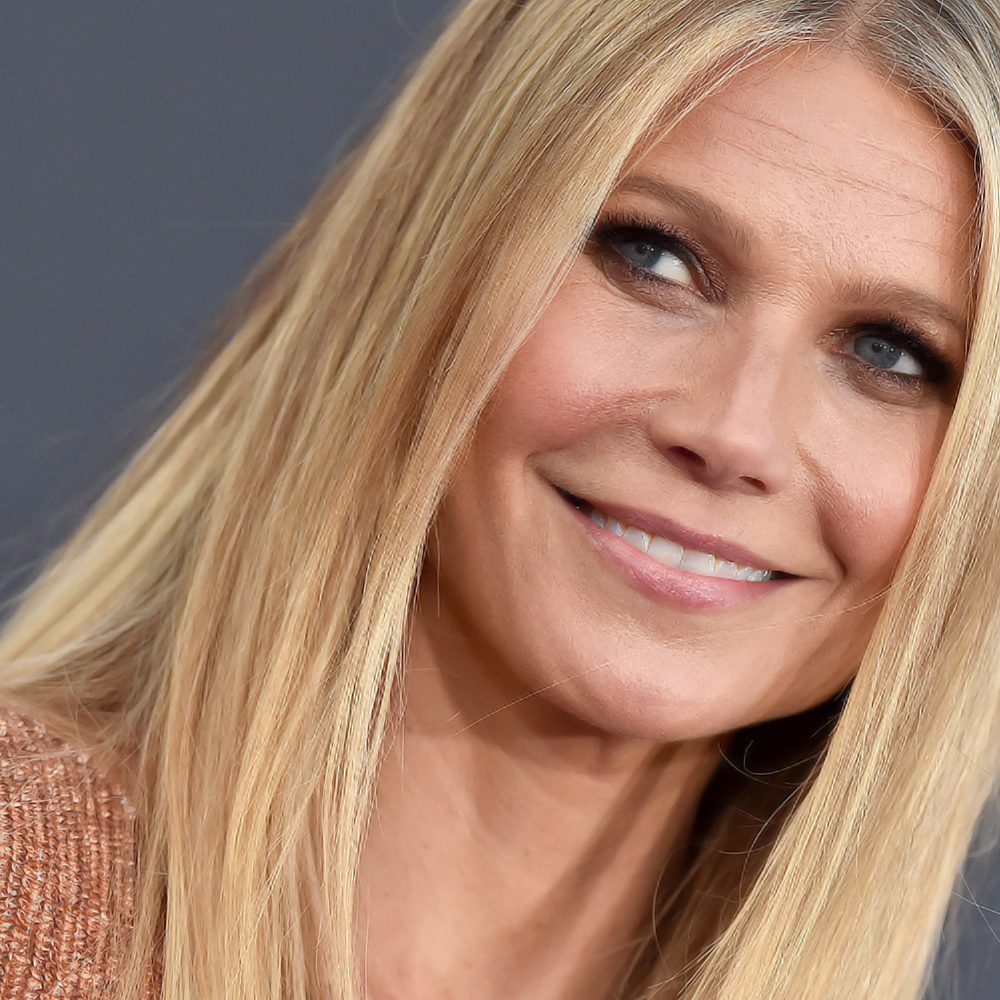 Gwyneth Paltrow's Goop Forced to Pay $145k for Unscientific Claims About Its Vaginal Eggs
Gwyneth Paltrow's Goop Forced to Pay $145k for Unscientific Claims About Its Vaginal EggsPerhaps don't put them in your yonni.
By Chloe Metzger Published
-
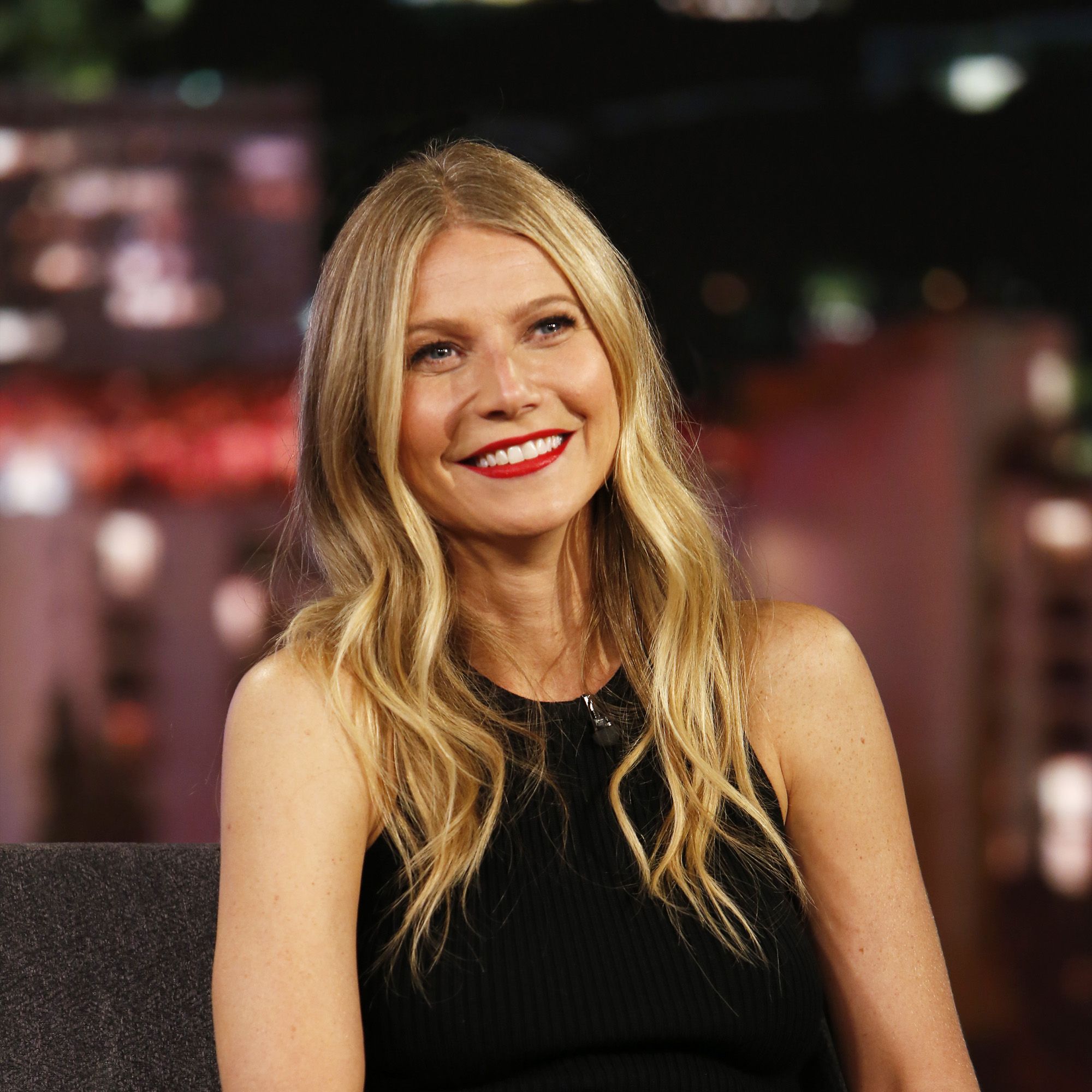 Gwyneth Paltrow Opens Up About Her Experience with Postpartum Depression
Gwyneth Paltrow Opens Up About Her Experience with Postpartum Depression"I really went into a dark place."
By Alex Warner Published
-
 The 15 Best Body-Positive Moments of 2017
The 15 Best Body-Positive Moments of 2017"Show me something natural like a** with some stretch marks."
By Chelsea Peng Published
-
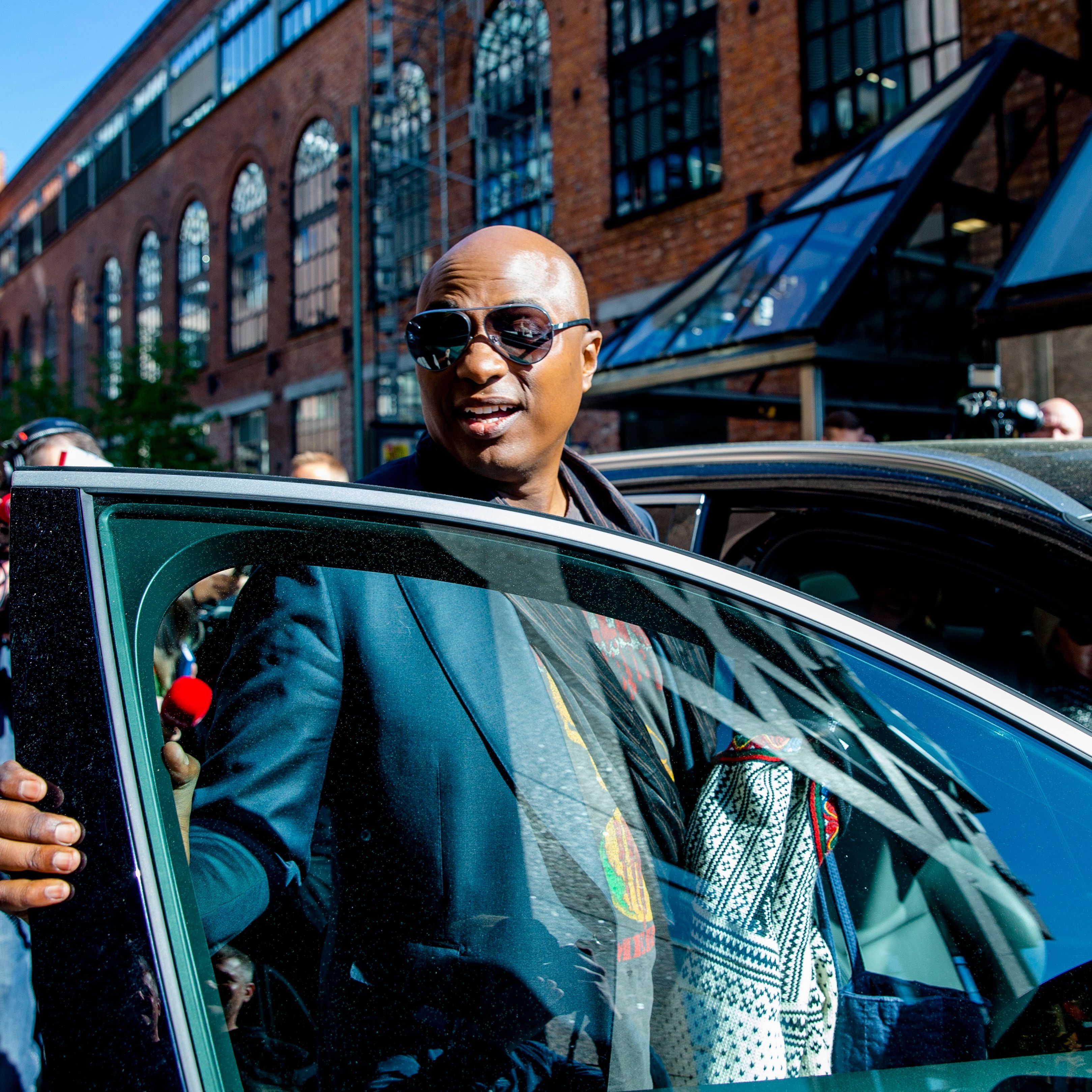 I Spent an Hour With Gwyneth Paltrow's Shaman
I Spent an Hour With Gwyneth Paltrow's ShamanIt was...emotional.
By Tatiana Boncompagni Published
-
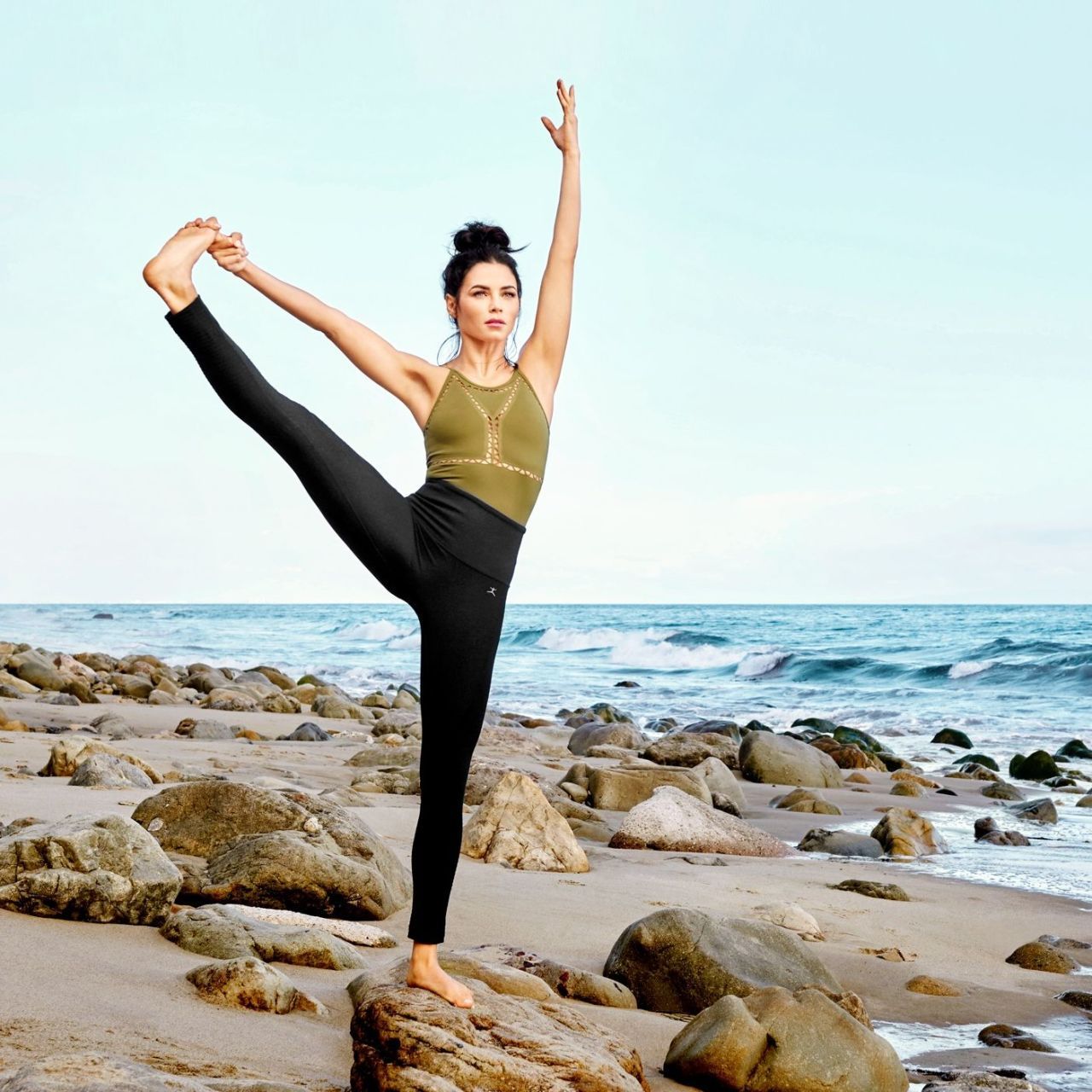 Jenna Dewan Tatum's Daily Routine Will Inspire You to "Zen Out"
Jenna Dewan Tatum's Daily Routine Will Inspire You to "Zen Out"Healthy habits from the actress, dancer, and now Danskin ambassador.
By Alexandra Engler Published
-
 What Alicia Vikander Eats to Get Her Six-Pack
What Alicia Vikander Eats to Get Her Six-PackThere's no slacking when you're playing Lara Croft.
By Chelsea Peng Published